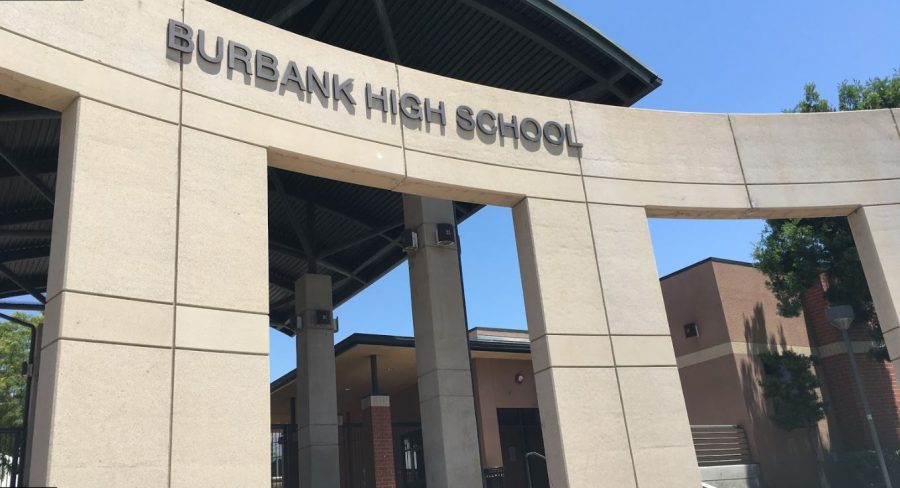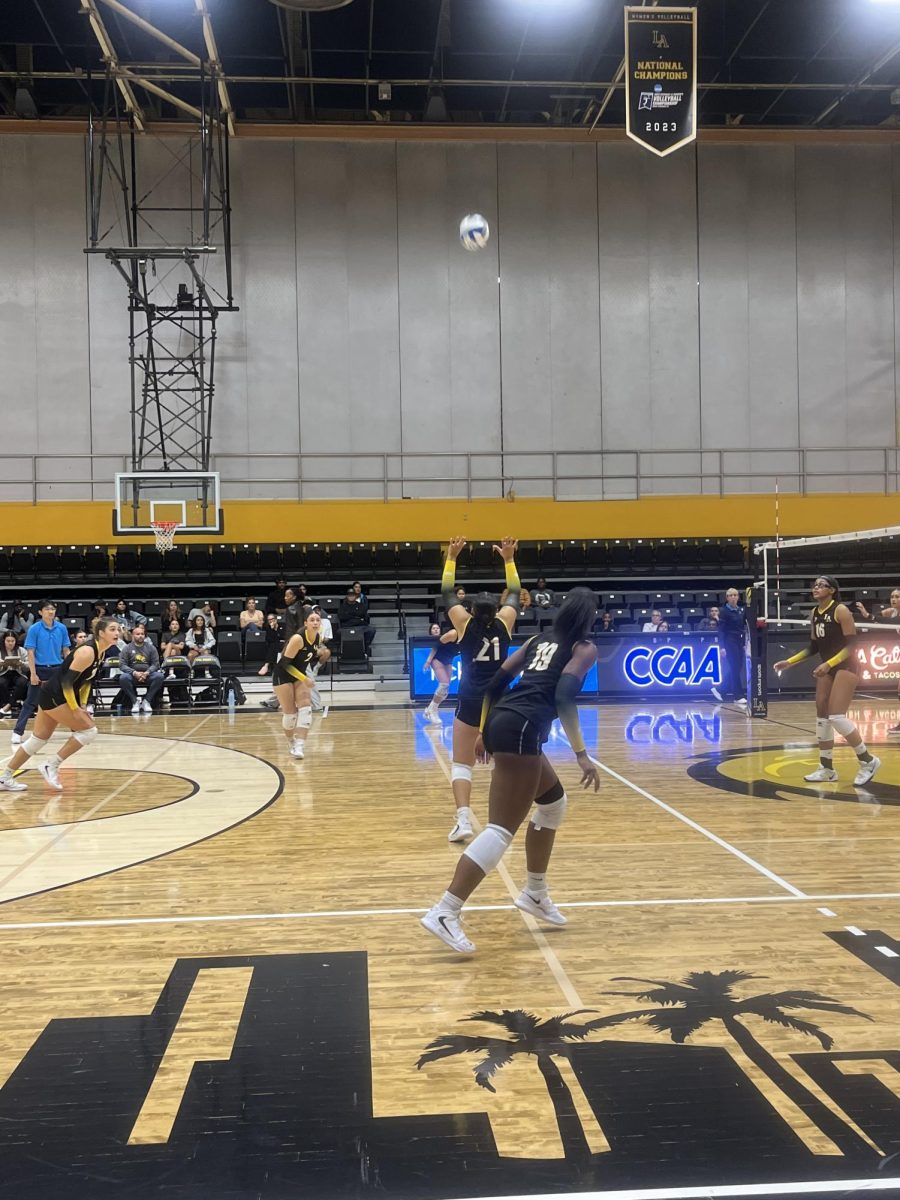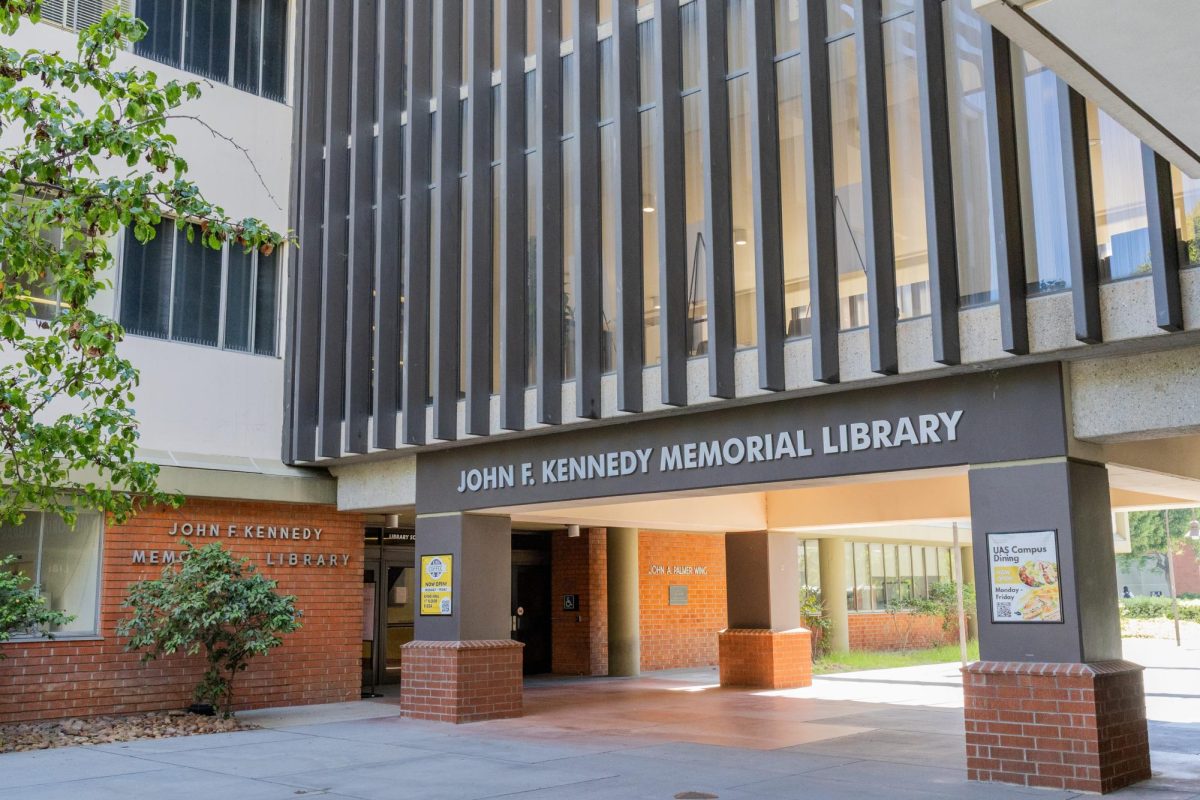Burbank voters will decide on Tuesday, Nov. 6 whether they want to pay more in property taxes in order to raise money for local schools.
The tax would generate an estimated $9 million a year to help attract and retain quality teachers, maintain small classroom sizes for young children, and to expand college career courses, just to name a few resources.
Measure QS would even help replace 20-year-old band uniforms.
That’s according to Superintendent Matt Hill, who told the University Times that he has been visiting several foundations and making the rounds to raise awareness about the parcel tax.
The measure would cost an estimated $0.10 per square foot of improvements per year – “or about $14 on average per month for the average homeowner”, according to Hill.
The measure includes an exemption for senior citizens aged 65 and above, which requires independent citizens’ oversight and annual audits, according to Full Text of Ballot Measure QS. The tax is also deductible on both, state and federal income taxes.
Hill states that the tax can improve the quality of education with funding that the state can’t take away.
“Many people move to Burbank for quality schools, so the district wants to ensure teachers are getting paid fairly”, he added.
Teachers, parents and supporters, claim that education is one of the most important government services that is worth a tax hike. Stating that, “Quality neighborhood schools protect property values, attract new families to the community and contribute to a high quality of life.”
Radio personality, Tim Conway Jr., spoke to the University Times to share his thoughts on Burbank’s schools.
“The schools in Burbank are incredible with the most wonderful teachers and counselors, and I want to keep it that way”, he said.
Opponents include former board members and others who are concerned that the funds will not be applied towards what most people think it will be used for. Adversaries think it’s unfair to collect more money from homeowners, business owners and even renters – some of whom may not be able to afford a tax hike and who may not directly benefit from improved schools.
According to formal arguments against the ballot measure, “The district enumerates broad but ill-defined goals that are not sustainable, because the actual use of these funds will be for increased salaries and benefits.”
The authors of the arguments opposing the measure did not respond for comment on the matter.













